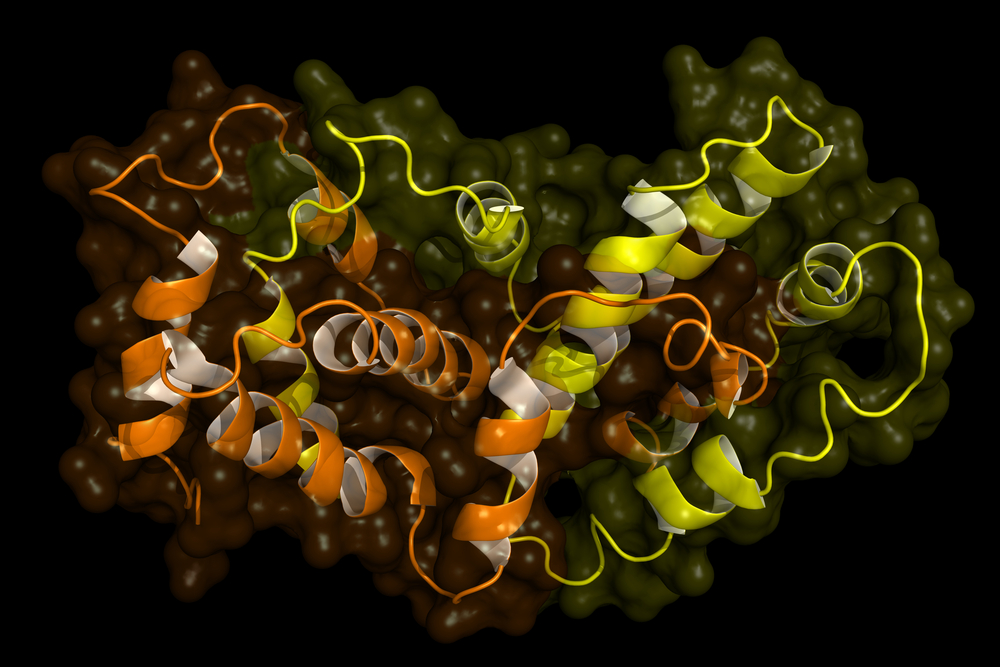Trinucleotide Repeat Disorders Analyzed in India with TP-PCR

 A team of researchers from India examined for the first time population-based genetic information of nine Trinucleotide repeat disorders (TRDs). The study entitled “Molecular genetic analysis of trinucleotide repeat disorders (TRDs) in Indian population and application of repeat primed PCR” was recently published in the European Journal of Medical Genetics.
A team of researchers from India examined for the first time population-based genetic information of nine Trinucleotide repeat disorders (TRDs). The study entitled “Molecular genetic analysis of trinucleotide repeat disorders (TRDs) in Indian population and application of repeat primed PCR” was recently published in the European Journal of Medical Genetics.
Trinucleotide repeat disorders (TRDs) are genetic disorders caused by trinucleotide repeat development in certain genes that surpass the normal, stable level, varying from gene to gene. Evidence has shown that an active mutation in a healthy gene may spread the repeat count resulting in defective genes.
These TRDs are an important cause of many neurodevelopmental, neurodegenerative and neuromuscular disorders. To date, there are 14 documented trinucleotide repeat disorders (TRDs) being the most common the Fragile X syndrome (FRAXA), Myotonic dystrophy type 1 (DM1), Spinocerebellar ataxia (SCA) (type 1, 2, 3, 6 and 7), Friedreich Ataxia (FRDA) and Huntington Disease (HD).
In this regard, a team of researchers led by Ashwin Dalal from the Diagnostics Division, Centre for DNA Fingerprinting and Diagnostics in Hyderabad, India, recruited a total of 946 patients from different centres across India.
The researchers used a general triplet repeat primed fluorescent PCR (TP-PCR) approach to evaluated the triplet repeat sizes in the TRDs to detect positive cases. The Triplet repeat primed PCR (TP-PCR) is a method that gives a characteristic ladder of the fluorescence trace enabling the rapid identification of large pathogenetic CAG repeats that cannot be amplified using flanking primers, that has been found to be a robust method to detect TRDs.
Results revealed that HD cases had the highest yield of 60.8% (101/166) followed by DM1 cases i.e. 59.8% (69/116) in diseased population. Yield of other diseases were 29.2% (95/324) for SCA Panel followed by 28.6% (69/241) for FRDA and 9.8% (9/92) for FRAXA.
Results from this study, the first in India aimed to collect genetic information of nine TRDs in a diseased population of 946 individuals, showed that TP-PCR is a fast and cheap detection instrument for TRDs. The researchers noted in the article that this method “could help for better and appropriate genetic counseling and prenatal diagnosis of TRDs and may help to improve the quality of life in patients”.






